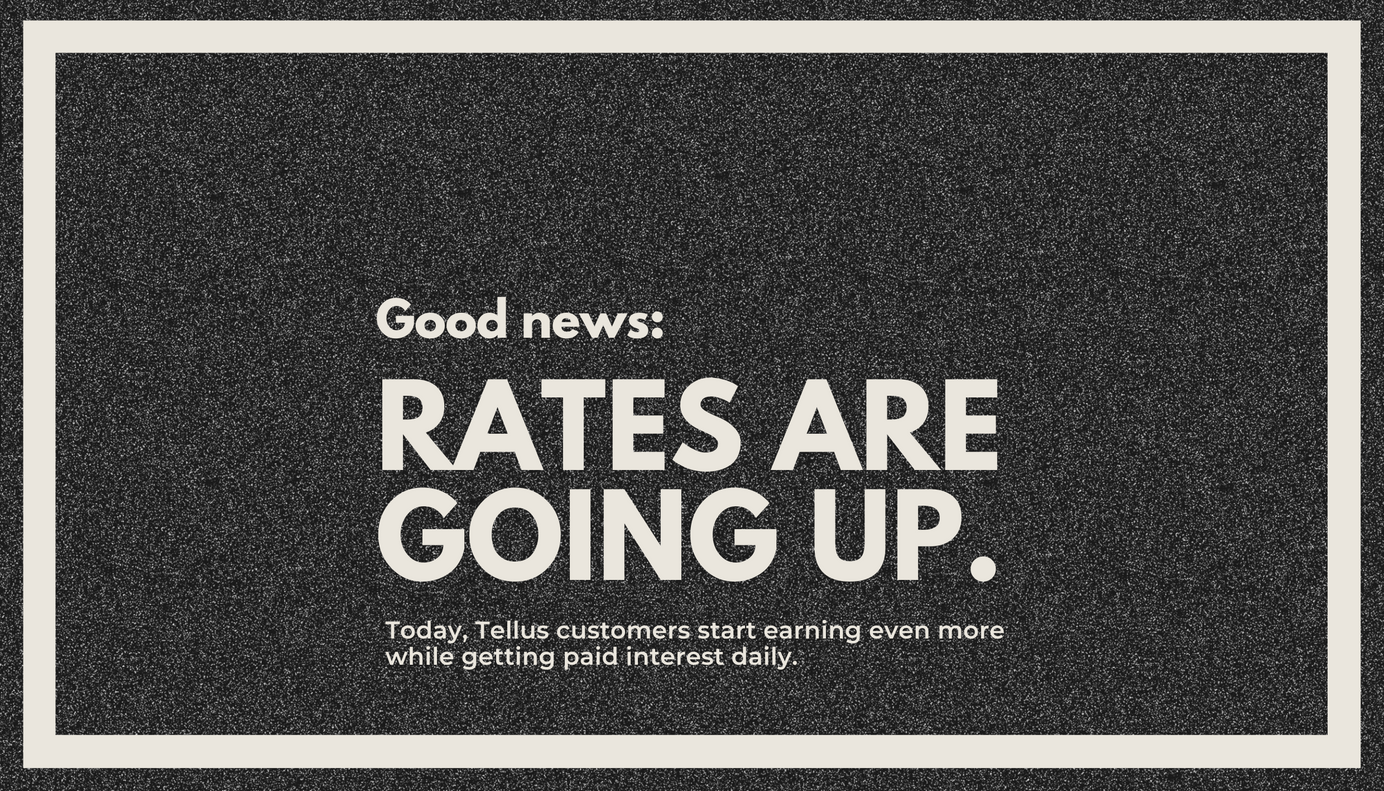
5 Best Financial Management Skills Homebuyers Should Know Amidst COVID-19
If you are a homebuyer who is starting an investment amidst this pandemic, you are still on the right track. There is no better time to invest than during a downturn. Here are the 5 best financial management skills you need to know during these unprecedented times.
Before the country was put into lockdown due to COVID-19, we all had various plans for this year. There might be restrictions and adjustments now, but that doesn’t mean all your previous plans must be abandoned. If you are a homebuyer who is starting an investment amidst this pandemic, you are still on the right track. It might sound a little ironic, but there is no better time to invest than during a downturn, given the possibility of decreased home prices and mortgage rates.
Whether you’re buying a home during a pandemic or not, a lot will be the same. The only difference is that you are exposing yourself to increased risk during a pandemic. With that said, real estate may be the most secure investment you could make in these trying times.
I am not suggesting that you dive into the real estate market right away if you don’t need to buy a home. However, if it was your plan all along, there is no need to delay it now.
One of the common worries these days will be personal finances. With limited access to work and business opportunities, your cash flow might be lopsided. To make it easier, I’ve highlighted the five best financial management skills a homebuyer like yourself should know during Covid-19.
Related: 7 Ways to Make Cash on the Side
Review Finances
Home buying during these times has advantages. One is a low mortgage rate, as housing prices are likely to drop. However, it’s necessary to keep track of your financial resources, especially during a crisis. Take time to review every change, no matter the size, in your assets.
If you push through your home loan application, do you still have the means to cover its cost alongside your other existing expenses? You may be optimistic about your long-term goal in these volatile times, but it wouldn’t hurt to set aside some resources if there are doubts.
However, if you are confident enough to take on the risk, we recommend CreditNinja to guide and advise you on your loan application. They offer a range of loan options that would suit your needs and resources.
Prioritize Necessities
Personal finances can be quite difficult to manage, especially when your income is affected by a crisis. As a homebuyer just starting out, prioritizing necessities over nonessentials is a smart move. Whether you choose to buy a home or not, it is the first step towards proper financial management.
It would also lessen the stress brought on by the numerous financial matters you need to account for. When you’re able to limit your unnecessary spending, you can focus more on your necessities, making everything more manageable.
Do a Debt Audit
Once your essentials are taken care of, you can then begin working out your financial obligations. A debt audit is essential so that you can monitor your financial activities.
A debt audit can be an indication of whether or not buying a home is still the right decision. Default may be a real possibility in this time of crisis, but never hesitate to reach out to your creditors. They will appreciate you being proactive.
Fortunately, lenders are able to give an extension for due dates, even if liabilities would not be waived. Thus, going over your debts helps you to prepare and create a financial plan, as it lets you know exactly where you stand.
Build an Emergency Budget
A budget plan is necessary with or without a crisis. However, if you are experiencing a significant decrease in your income due to the pandemic, it may help to make an emergency budget. Your usual budget plan might be hard to utilize since there are crucial changes, such as income, price of goods, and additional needs.
An emergency budget can help you make use of your current financial resources. This is also a valuable time to track your expenses carefully. If you’ve already decided to buy a home, there might be a need to cut other expenses to free up the money needed for that home purchase.
Make a Financial Recovery Plan
Every crisis is temporary, and a financial plan for recovery is vital. What are you planning to do after this pandemic with all the unpaid loans, debts, and other financial obligations?
Consider getting a debt management plan from your creditors so that you can recover gradually from the financial impact caused by Covid-19. Aside from that, you can continue implementing the emergency budget until you can recover financially.
Once life returns to normal, consider making a financial recovery plan so that you are ready to handle the next emergency. You could revisit your experience during this difficult time and be more financially prepared because of it. There are lessons to be learned, even now.
Takeaway
Personal finances can be a source of stress, especially during this pandemic. It is easy to feel frustrated nowadays while going over your finances. Remember that you are not alone in these unprecedented times, and there are ways to get through it. In addition to managing your finances, make sure you protect your physical, emotional, and mental health as well. We will all get through this together.








